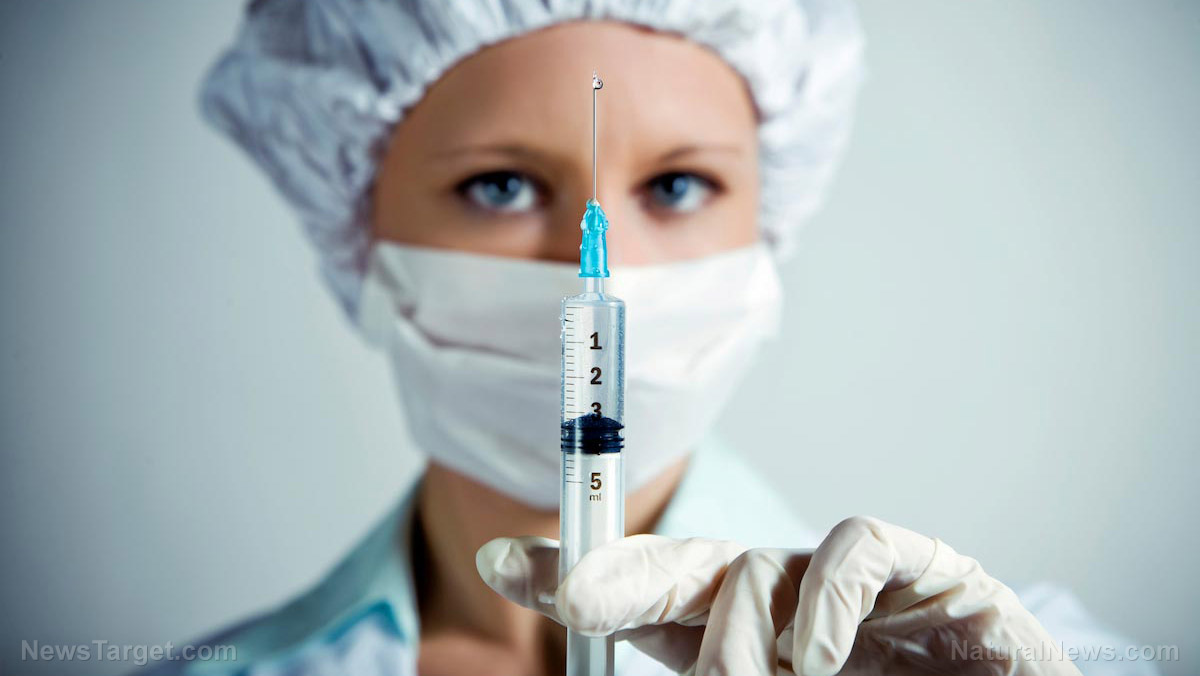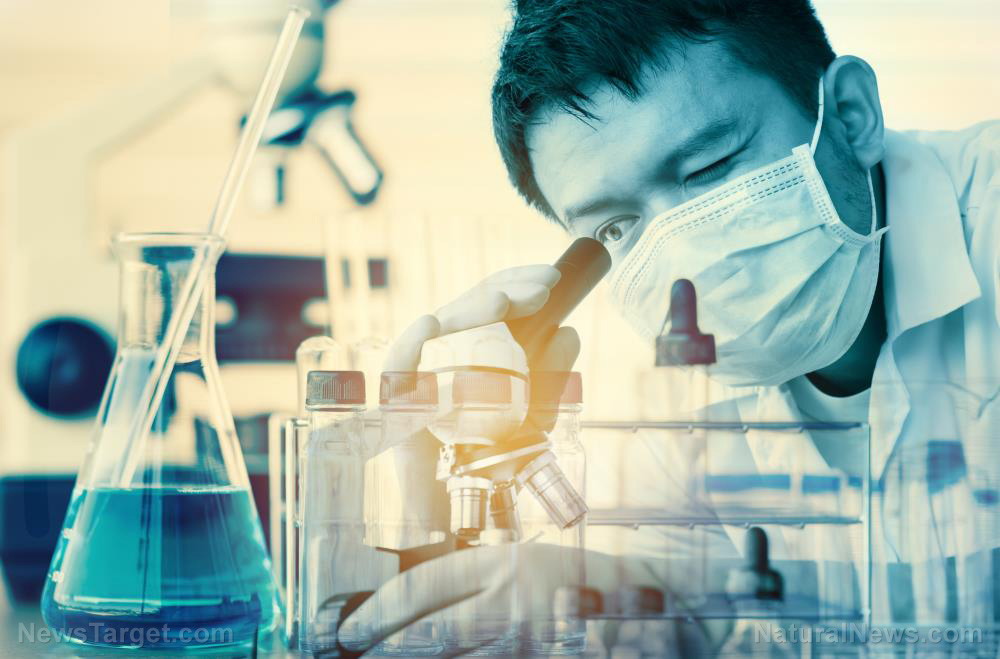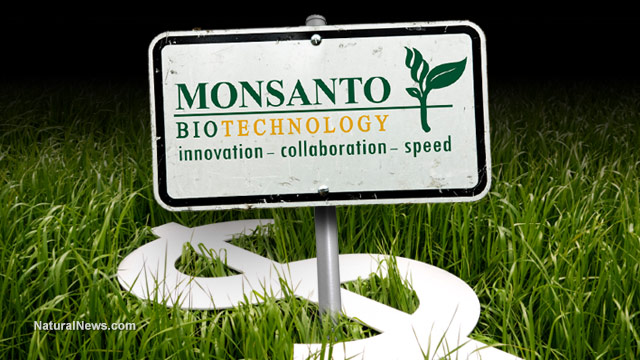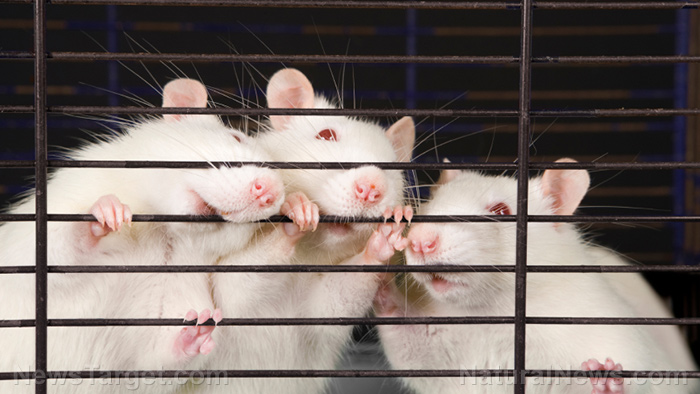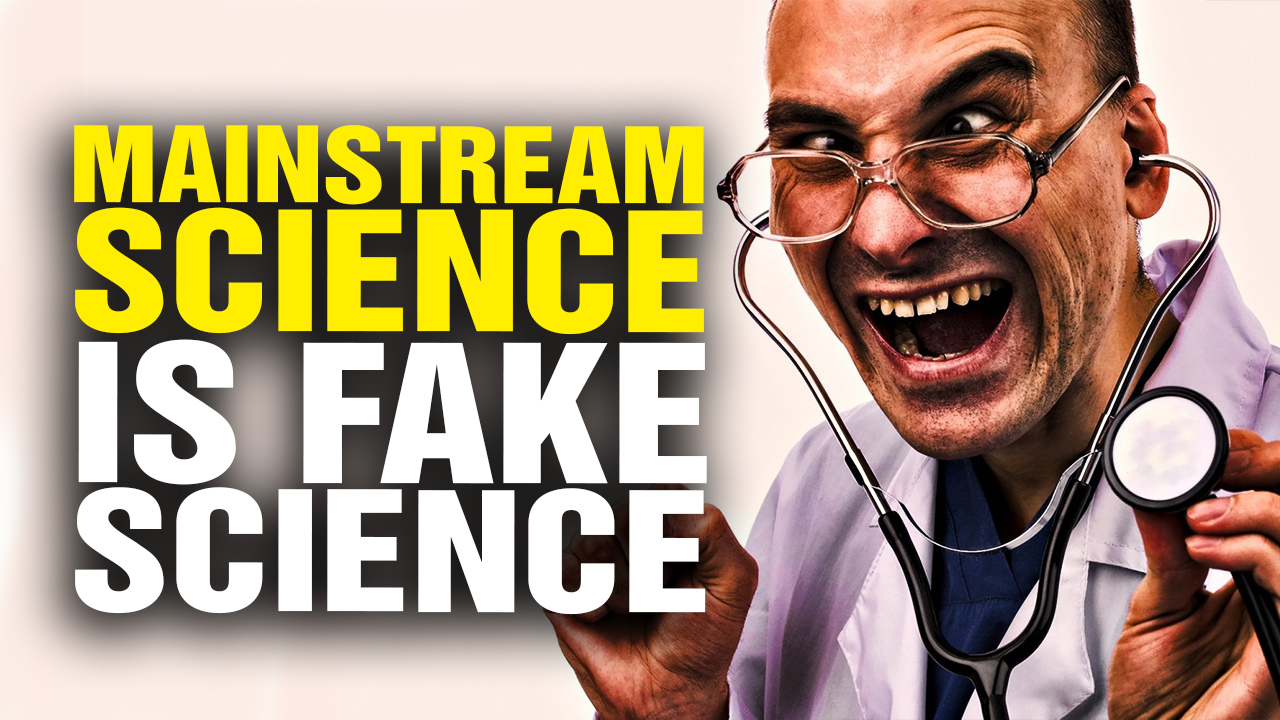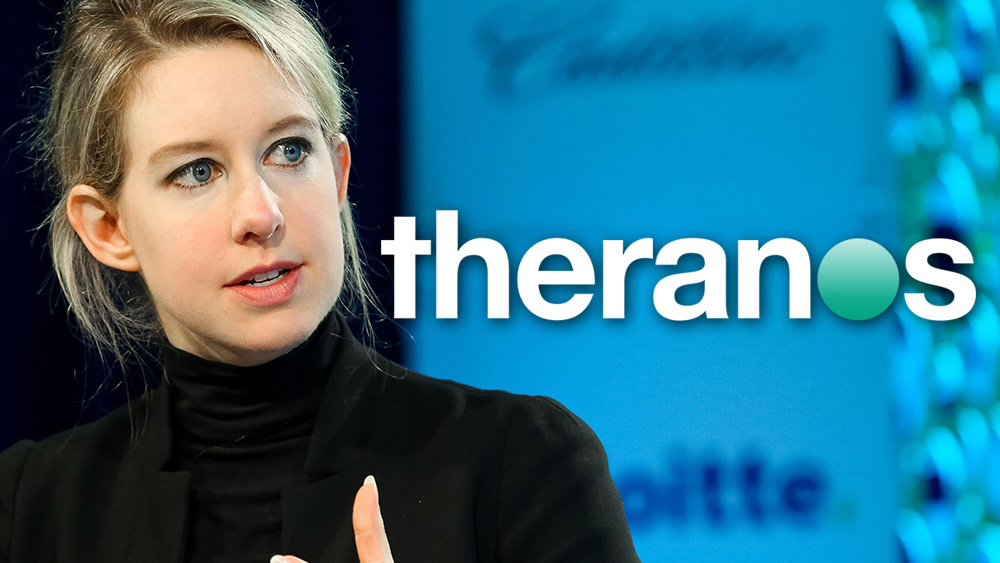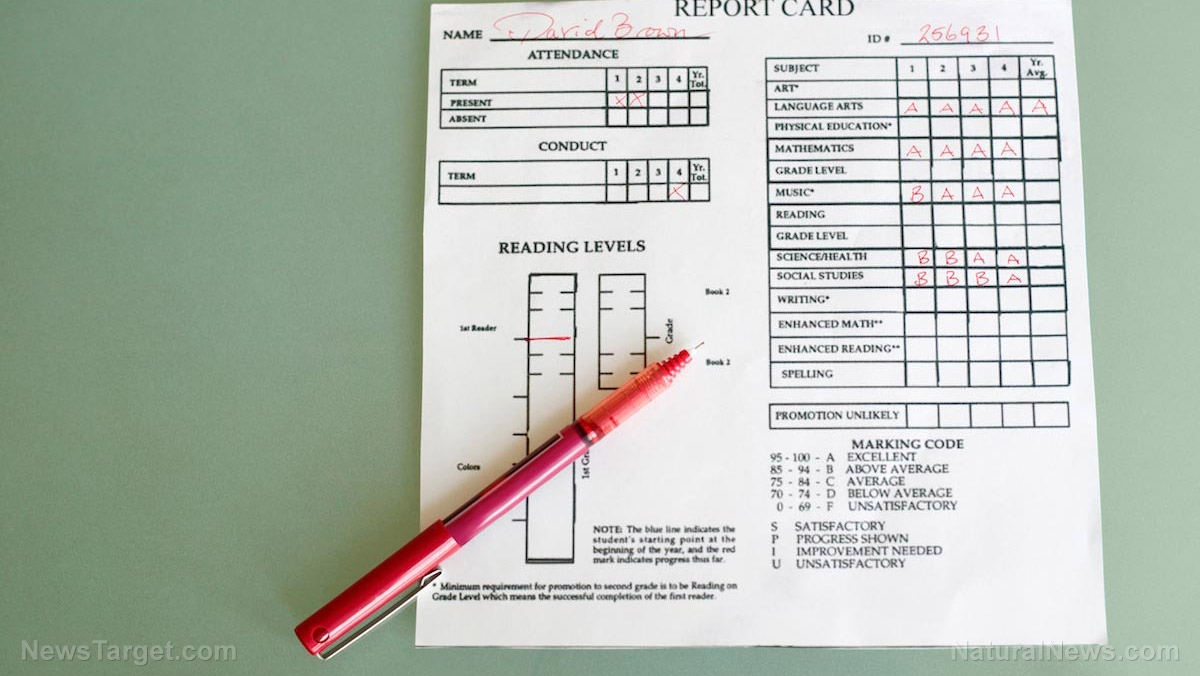Scientists believe they will make synthetic life within two years
04/04/2017 / By Ethan Huff

After successfully synthesizing artificial DNA strands from Baker’s yeast using nothing but laboratory equipment and human ingenuity, scientists working as part of the so-called Synthetic Yeast Project (SC2.0) are now ready to move onto their next endeavor: The synthesis of artificial human DNA.
Set to be released in just two years, the first artificial lifeforms that mimic the DNA found in nature and replicate it for biotechnology purposes could end up unleashing a cascade of human tampering with nature. Synthetic DNA, researchers say, can now be manufactured in the lab and swapped out with the natural DNA in living organisms, resulting in the creation of new synthetic organisms that can be programmed to do all sorts of things that they otherwise wouldn’t do naturally.
Though the team that worked on the Baker’s yeast only synthesized 30 percent of the Baker’s yeast DNA that it was working with, it won’t be long until the entire DNA set is replicated and apportioned for use. And since this DNA closely resembles that of human DNA, the sky’s the limit when it comes to the clinical potential of synthetic DNA.
If successful, the endeavor will eventually lead to the creation of new and more advanced lifeforms, such as plants, worms, and ultimately human cells. Scientists will then have the ability to transform life into artificial life on a whim, bringing about all sorts of changes to the global ecosystem that only speculation and imagination can identify at this point. (RELATED: More on the transhumanist agenda is accessible at TransHumanist.News)
“This work sets the stage for completion of designer, synthetic genomes to address unmet needs in medicine and industry,” says Jef Boeke, director of New York University’s Langone Institute for Systems Genetics where this research is taking place.
“Beyond any one application, the papers confirm that newly created systems and software can answer basic questions about the nature of genetic machinery by reprogramming chromosomes in living cells.”
Whenever man pretends to be God, disaster ensues
Besides creating new lifeforms, this effort to synthesize DNA is part of a larger effort to invent new pharmaceutical drugs for use in healthcare. The goal is to recreate the world of active substances to perform precisely how scientists want them to, without the normal restraints of nature. In the end, this will lead to more pills and more vaccines, both of which will contain more artificial additives.
By slicing, dicing, and parsing real DNA to make room for synthetic DNA, scientists will gain full access to recreating DNA chromosomes in whatever’s desired, whether that be a novel active ingredient in a new drug, or a whole new advanced life form with the ability to be something completely new and unique — and it all starts with the yeast.
“We want to build something which is more stable and more amendable for engineering,” Boeke says about the project. “We have complete control over rewriting the code of the yeast.”
Many would argue that such efforts resemble what took place at the Tower of Babel before the entire thing was destroyed. Mankind had attempted to play the role of God, and the result was complete and total disaster. Well, now the world is seeing this same type of scenario unfold with the push towards synthetic life, which could also end in disaster.
It’s already evident that synthetic food in the form of genetically-modified organisms (GMOs) has been a complete and utter failure. GMOs don’t provide the same level of nutrition that natural food does, and much of it is contaminated with toxic pesticides and herbicides. Does society really want to see the same type of thing play out with other forms of life?
Sources:
Tagged Under: life, synthetic, transhumanism

